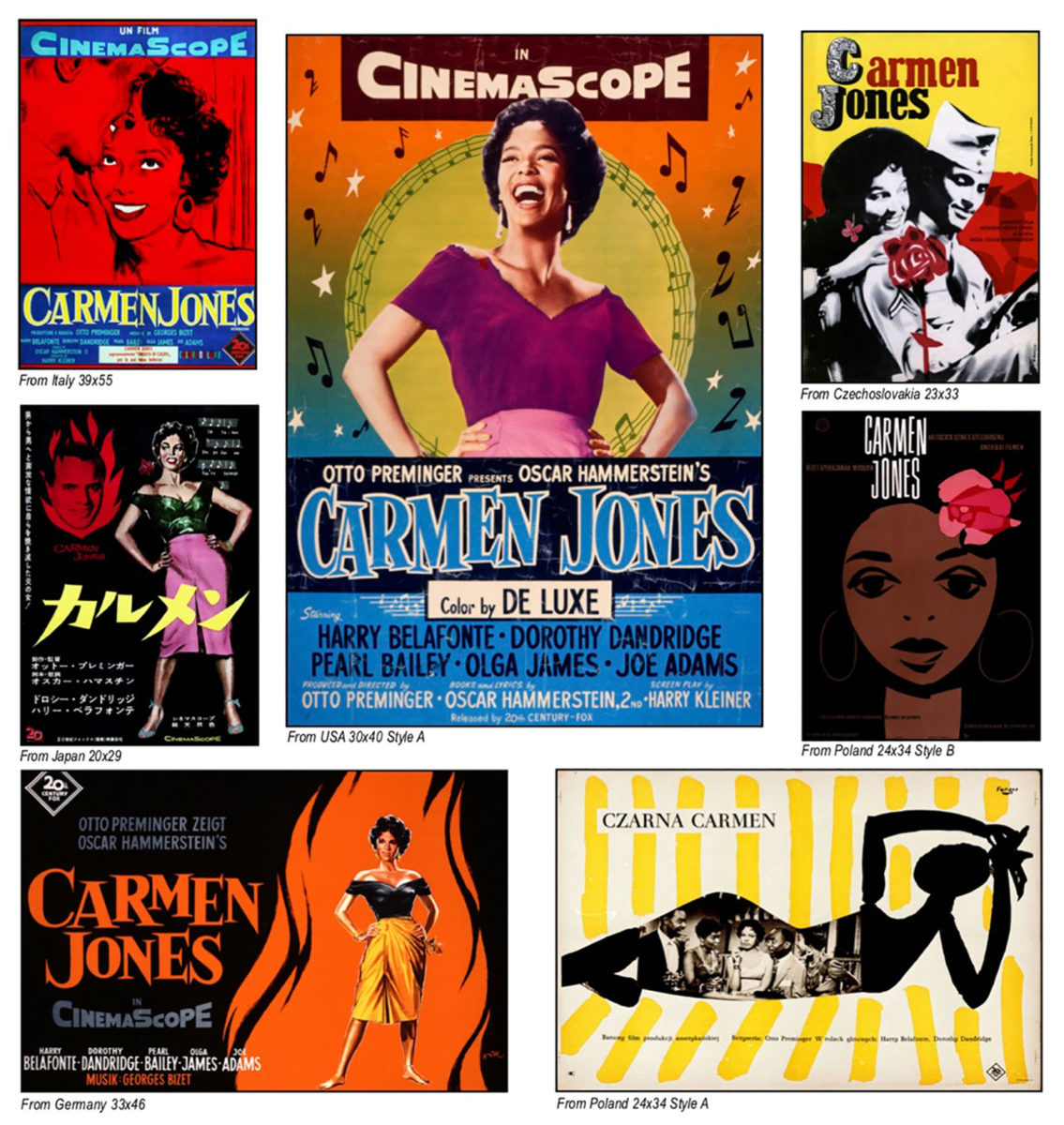A Rhinebeck aficionado of vintage African-American movie memorabilia has been sued for more than $1.1 million for allegedly refusing to pay a commission when his historic Separate Cinema Archive sold for $7.5 million.
Dwight M. Cleveland of Chicago sued John D. Kisch of Dutchess County on March 16 in federal court in White Plains.

The two men had been friends for more than 35 years, the complaint states. “Their bond was only deepened by their shared passion for collecting vintage movie posters and related memorabilia.”
Kisch worked as a commercial and fine art photographer for many years. His passion was for the “Separate Cinema,” movie posters and more from the African-American film industry that he began collecting in 1972.
In 1984, he published “Separate Cinema: The First 100 Years of Black Poster Art,” with a foreword by historian Henry Louis and afterword by filmmaker Spike Lee.
Cleveland renovates Victorian homes in Chicago, according to a profile published last year in Antiques and The Arts Weekly, and he has collected 3,000 Hollywood movie posters and cinematic ephemeral.
Cleveland claims Kisch gave him the exclusive right to market the Separate Cinema Archive, during a visit at Kisch”™s home in May 2018. They agreed on a 10% commission, according to the complaint, and later on an additional 5% if it sold for close to the $7.5 million asking price.
The Separate Cinema Archive encompasses 37,000 items and “embraces a complete history of black cinema in the 20th and 21st Centuries,” appraiser Sarah Hodgson noted, “painstakingly put together with an expert eye over a period of 40 years.”
The archive includes movie posters, lobby card, photographs, publicity material, film and other items. Hodgson estimated that the collection was worth more than $3 million, physically, and about $7.5 million factoring in its rarity and historical significance.
For 15 months in 2018 and 2019, Cleveland worked on selling the collection.
He produced a high-quality brochure to promote the archive, the complaint states, and he solicited wealthy individuals “who would respond to the African-American story” and institutions qualified to house the archive.
One of his prospects was the Lucas Museum of Narrative Art in Los Angeles, founded by filmmaker George Lucas and his wife, Mellody Hobson, an African-American businesswoman who is co-CEO and president of Ariel Investments.
All the while, Cleveland alleges, Kisch repeatedly assured him that he had the exclusive right to market the archive.
“Yes, I am fully prepared to keep you on board for your cut,” Kisch allegedly wrote in a May 2018 email in response to Cleveland”™s request for assurance that he would get a 10% commission.
Kisch never terminated the deal, the complaint states, “or even expressed dissatisfaction” with Cleveland”™s efforts.
But last July, Kisch allegedly notified Cleveland that the collection had been sold for close to the asking price, but refused to identify the buyer. News reports in January named the Lucas Museum as the buyer.
Kisch allegedly sent Cleveland a $500 check.
Cleveland accuses Kisch of breach of contract and unjust enrichment. He is demanding 15% of the sale price, or $1,125,000, based on his belief that the Separate Cinema Archive sold for “approximately $7.5 million.”
Kisch “denies the allegations and causes of action in the complaint,” White Plains attorney James DeVita said. “He is in the process of retaining an attorney and a response will be made in due course.”





















